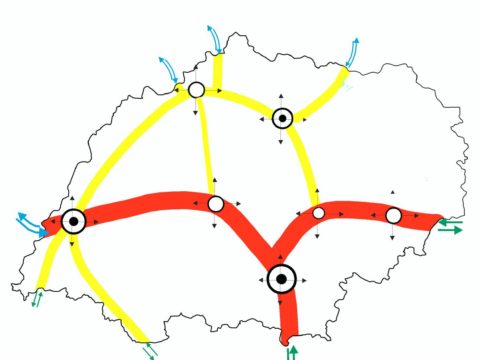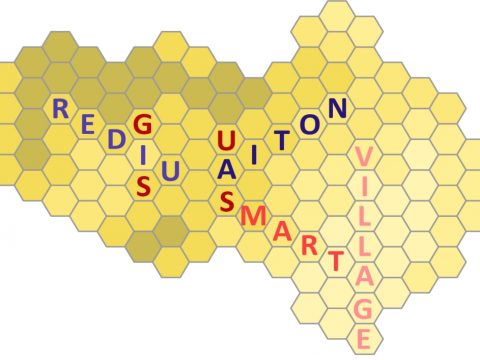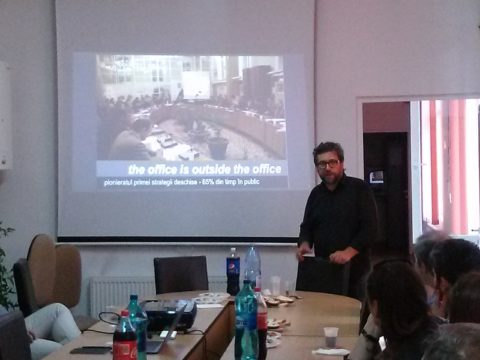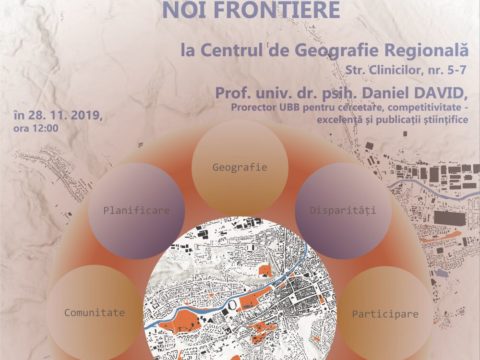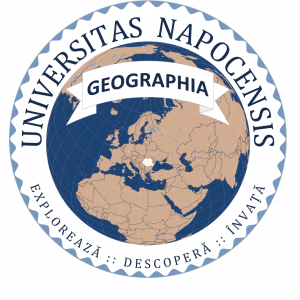Magnet Cities, a World Bank Report Discussed in the Geographical Academic Environment
The findings of the report Magnet Cities. Migration and Commuting in Romania were presented on the 21st of March 2019 also at the Centre for Regional Geography as the fourth event in the series of “CGR Meetings”. The event took place in the presence of two of the report’s signatories, Dr. Marius Cristea, Senior Urban Development Specialist at the World Bank Group, and Ciprian Moldovan, Lecturer at the Faculty of Geography, Babeş-Bolyai University.
The role of the World Bank at global and national level, with research differentiated depending on the country’s level of development, was highlighted from the very beginning through the above-mentioned research. At the same time, the World Bank has become a support and dialogue partner for local authorities in recent years, relying on their impact, given that they become a driving force for the development of the managed territories through the powers they exercise, the image vote, and the public policies they develop. While most of the post-socialist studies have focused on the existing territorial dysfunctions, with particular emphasis on the areas lagging behind, the solutions emerged as a direct consequence of this fact have materialized in investments in the infrastructure connecting to medium-sized cities. The lack of some public policies focused on the current problems of the society is a challenge for some local and county administrations, hence, the emergence of an urban mobility strategy for the city of Cluj-Napoca.
According to researcher Marius Cristea, the chance to promote growth poles in Romania is, among others, investments to increase the educational function, where the attraction of foreign students can bring added value to the cities involved.
More…
News UBB
Complete Report: Orașe-magnet. Migraţie şi navetism în România/ Magnet Cities. Migration and Commuting in Romania

